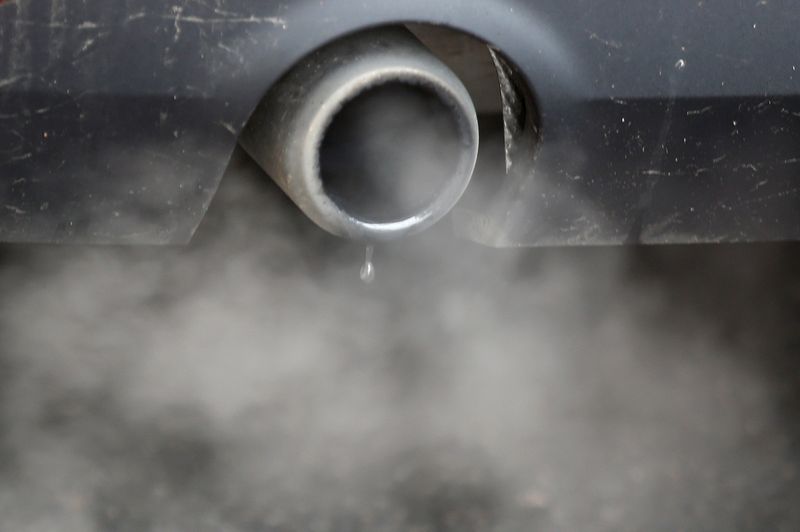By Nina Chestney
LONDON (Reuters) - Britain should cut greenhouse gas emissions by 78% by 2035 from 1990 levels for it to be on track for net zero emissions by mid- century, the government's climate advisors said on Wednesday.
Britain last year became the first G7 country to set in law a net zero emissions target by 2050. Under law, the government is required to set a new carbon budget towards that goal every five years, following the advice of the Climate Change Committee.
The committee, which is independent of government, is chaired by former British environment secretary John Gummer and includes business and academic experts.
The sixth budget covers the period from 2033 to 2037 and the committee advises emissions need to be cut by 78% by 2035 compared to 1990 levels.
However, the committee has previously warned that policies are insufficient to meet the government's fourth and fifth budgets which run from 2023-27 and 2028-32 respectively.
To deliver the cuts needed for the sixth carbon budget, a major investment programme across the country must be delivered, led largely by the private sector, the committee said.
"The 2020s must be the decisive decade of progress and action on climate change," the CCC said in a statement.
By the early 2030s, every new car and van, and every replacement boiler must be zero-carbon and by 2035, all UK electricity production must be zero carbon.
Modern low-carbon industries will need to grow - producing hydrogen, capturing carbon, creating new woodlands and renovating and decarbonising the UK's 28 million homes.
A national programme to improve insulation in buildings will be needed. Changes to diet will also be required with consumption of high-carbon meat and dairy products reduced by 20% by 2030 and further reductions in later years.
The CCC said the changes are "feasible and affordable" but only if they are led by decisive action from government now.
Last week, Prime Minister Boris Johnson said Britain will set a more ambitious target for 2030 - cutting emissions by at least 68% from 1990 levels compared with its current 57% reduction goal.
The announcement came ahead of the U.N.'s Climate Ambition Summit on Saturday, which Britain is jointly hosting and marks the fifth anniversary of the 2015 Paris climate agreement.
